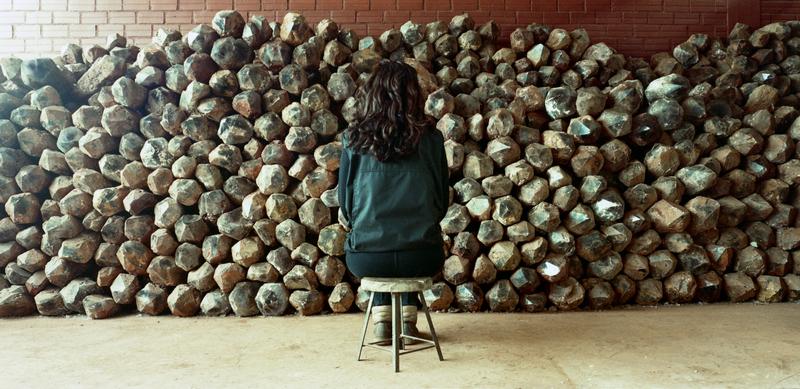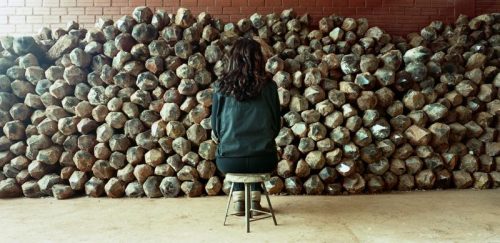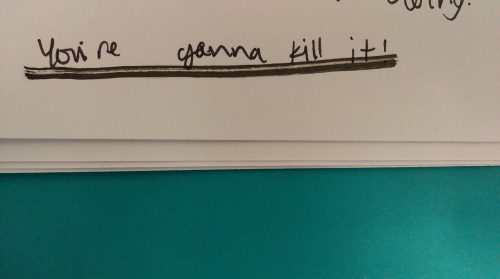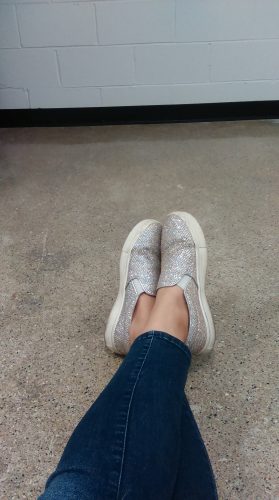
And So It (Thesis) Begins

The feeling of planning for thesis: “Waiting for an Idea,” Marina Abramovic, 1991. Photo: http://coyote.mcachicago.org/images/13639
Well, here we are! After much anticipation, we’ve finally arrived at my first semester of thesis year (and week four of fifteen, no less)!
If you recall, a few weeks ago I had lots of ideas swirling around my mind but hadn’t yet put all the pieces together. As of today, I’m happy to report that those ideas have now taken the form of a proposal and begun forward motion.
To give you an idea of just how this came about, and especially given how chaotic my thoughts have felt at times over the summer and even now, I think it might be helpful for me to trace some of the components involved in the development of my thesis project proposal.
I. So Much Talking (And Listening)
I should start by acknowledging, and re-acknowledging in advance, all of the wonderful people who have listened to me talk about thesis these first few weeks. From my sister to my cohort and members of other cohorts, I can’t stress enough how valuable having a listening and critical ear has been for me so far. At times when I’ve felt–and, truly, still feel–like I’m talking in circles, they offer such vital support.

A message of encouragement from one of my classmates last semester that I periodically revisit.
II. Getting Over Commitment Phobia
No, I’m not talking about romantic relationships. I’m talking about that persistent fear that you’ll propose a project, end up totally wanting to change it, and be stuck. As much as I had that wrenching feeling in my gut before proposing a project, I had the reassurance that faculty advisors are artists, too, and understand when projects evolve organically. Once I came to terms with this, moving forward with a proposal was much simpler.
III. Putting Pen to Paper (Or Fingers to Keyboard)
If you hadn’t noticed by now, I can be a frenetic thinker. As such, my research process can resemble a barrage of list-making, note-taking, page-folding, sticky notes, emails, and texts to myself. As helpful as this is to not forget things in the moment, it doesn’t make for a concise “elevator pitch” about my work. So when presented with a set of delimiting project proposal questions, I had my work cut out for me. However, as I began writing within these constraints, the miscellany began to jell. As much as I’d dreaded it, it was a relief once I had something articulated.
IV. Workshopping
Of course, after writing something, I had to make sure it made sense to others in the same way that it did to me. For our first round of review, my cohort and I counted on one another as a built-in set of trusted editors. We have been in this together from the start, after all, so it only makes sense that we should be each other’s first source of feedback. Though there will surely be more adjustments and refinements as more and more eyes are laid upon proposals, I can feel confident in proposing what we worked through together.
V. Next Steps
As much labor as it’s been so far, this is only just the start–quite literally just the proposal of my thesis project. Armed with this proposal, I’ve sent out requests for members of my Thesis Committee, and I now set out to simultaneously cite the sources that influence me while making the work those sources engender!

Sitting on my studio floor, thinking ’bout the future.
